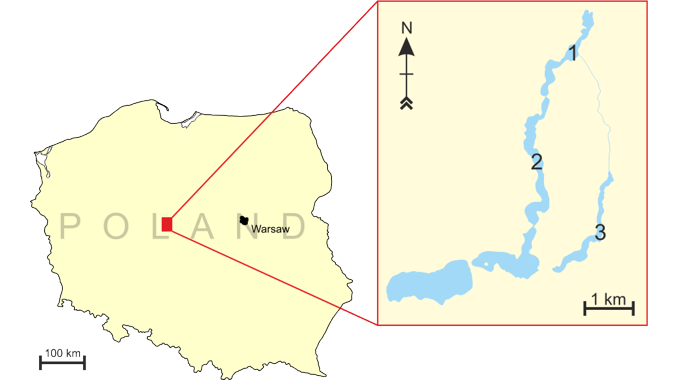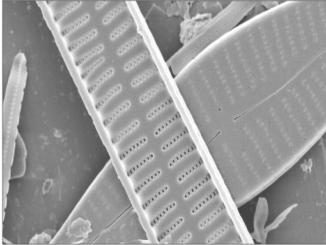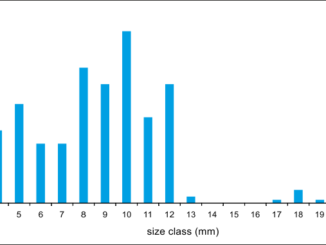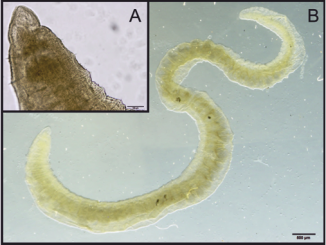
Paper category: Short communication
Corresponding author: Anna Marszewska (anna.marszewska@umk.pl)
DOI: 10.2478/ohs-2019-0009
Received: April 26, 2018
Accepted: July 09, 2018
Full text: here
Citation (APA style):
Abstract
Unionid mussel species belong to one of the most threatened invertebrate groups on Earth. Biological invasions, especially those by filtering species, are particularly harmful to native Unionidae species. In Poland, a significantly disturbing situation of native Unionidae is observed in thermally polluted aquatic ecosystems. Such water bodies have favorable conditions for the settlement of alien mollusks, including Sinanodonta woodiana or Corbicula fluminea, whose shells can potentially be a beneficial substrate for Dreissena polymorpha. The objective of the presented research was to check whether zebra mussels can hinder the invasion of alien species of bivalve mollusks in thermally polluted waters. Our results indicate that with the increase in thermal pollution associated with the growing invasion of alien species of bivalves, D. polymorpha infestations of clams decrease considerably, which leads to the conclusion that D. polymorpha does not pose a significant natural threat to bivalves in the lakes under study.




Bądź pierwszy, który skomentuje ten wpis